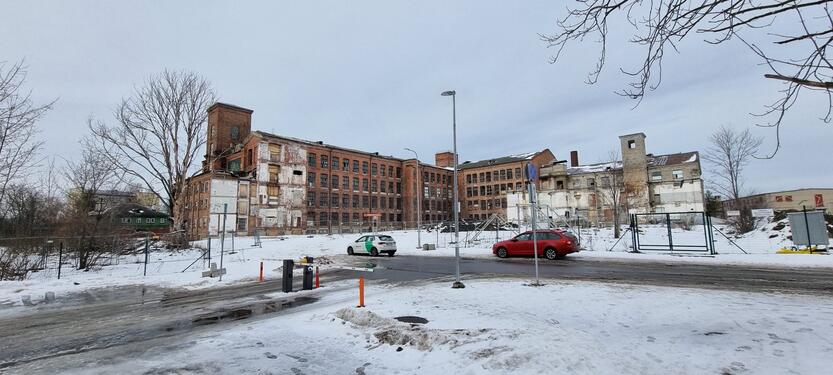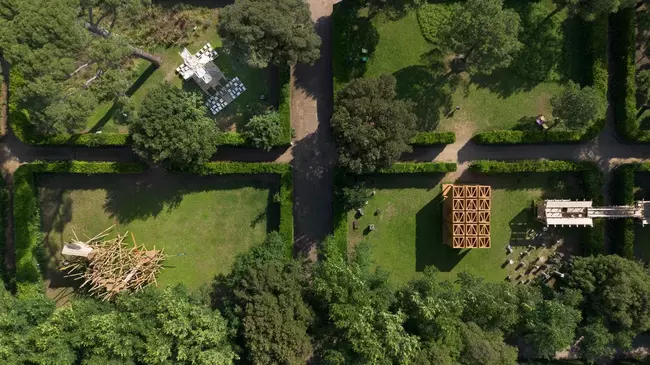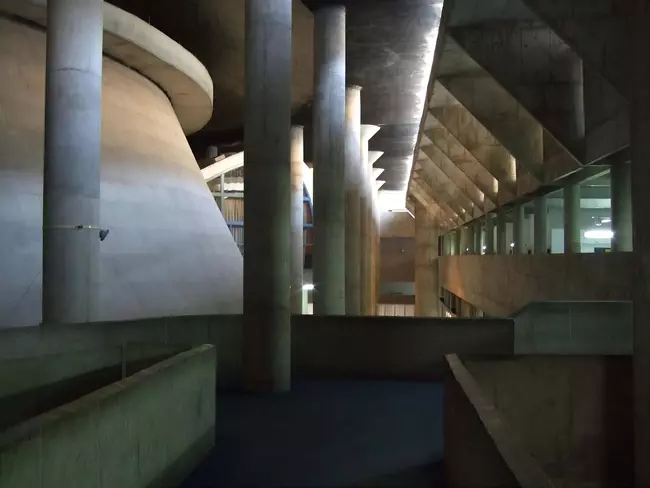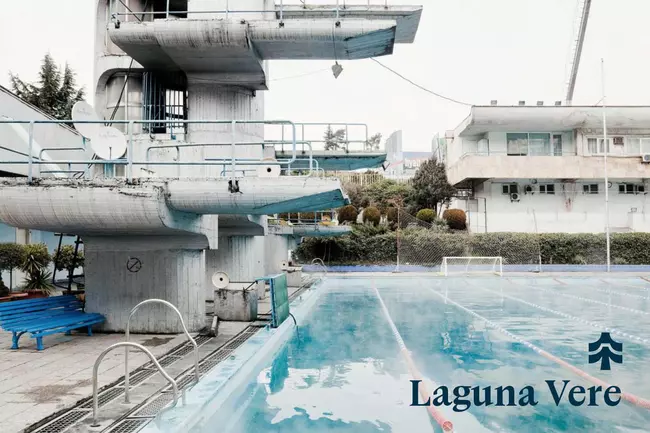- ConcoursDeadline
Publié le 16/04/2024
Competition: Manufaktuuri kindergarten, Tallinn

© LeeMarx Creative Commons Attribution-Share Alike 4.0 International license The competition seeks ‘comprehensive’ proposals for a new pre-school facility for the Manufaktuuri development on the Kopli Peninsula in Põhja-Tallinn which reflects ‘modern educational environment principles while fitting well into the historical context of the area.’
The contest comes a year after the Port of Tallinn announced an open competition for a new passenger ferry terminal and seven years after London’s Zaha Hadid Architects won an international competition to re-masterplan Tallinn’s historic Old City Harbour.
The project is part of a wider redevelopment of the Balti Manufaktuur cotton industrial complex (pictured) and focusses on transforming the 10,213m² site of a historic factory director’s villa which burned down five years ago.
Key aims of the project include creating a flexible facility which includes elements designed by children along with spaces young people can ‘modify and reorganize.’ Proposals should aim for net zero carbon, harness sustainable materials, ensure a low carbon footprint during construction and support the city’s ambitious climate targets.
Deputy mayor of Tallinn, Tiit Terik said: ‘Play is a child’s everyday job, essential for developing their social skills and building academic understanding. The physical learning environment should facilitate this, becoming an integral part of learning, discovery, and respectful interaction.
‘The new kindergarten building must be of high spatial quality, offering modern learning environments both indoors and outdoors, meeting contemporary environmental standards, aiming for near-zero energy consumption, and minimizing the CO2 footprint during construction.
‘The building's structure must be wooden to maintain a connection to the former cotton factory director's residence. This also s with the goals of Tallinn's climate plan and development strategy 2035.’
Overlooking the Gulf of Finland, Tallinn is the capital and largest city of Estonia and home to around one-third of the country’s population. The city’s old town became a UNESCO world heritage site in 1997 and today the wider settlement is home to many start-up companies specialising in IT and finance.
Bids for the latest contract will be evaluated 100 per cent on quality. The winning team will enter into negotiations with the Tallinn Property Department to sign a design contract.

Wallonie-Bruxelles Architectures est une agence de promotion culturelle et économique des architectes de Bruxelles et de Wallonie sur la scène internationale.



